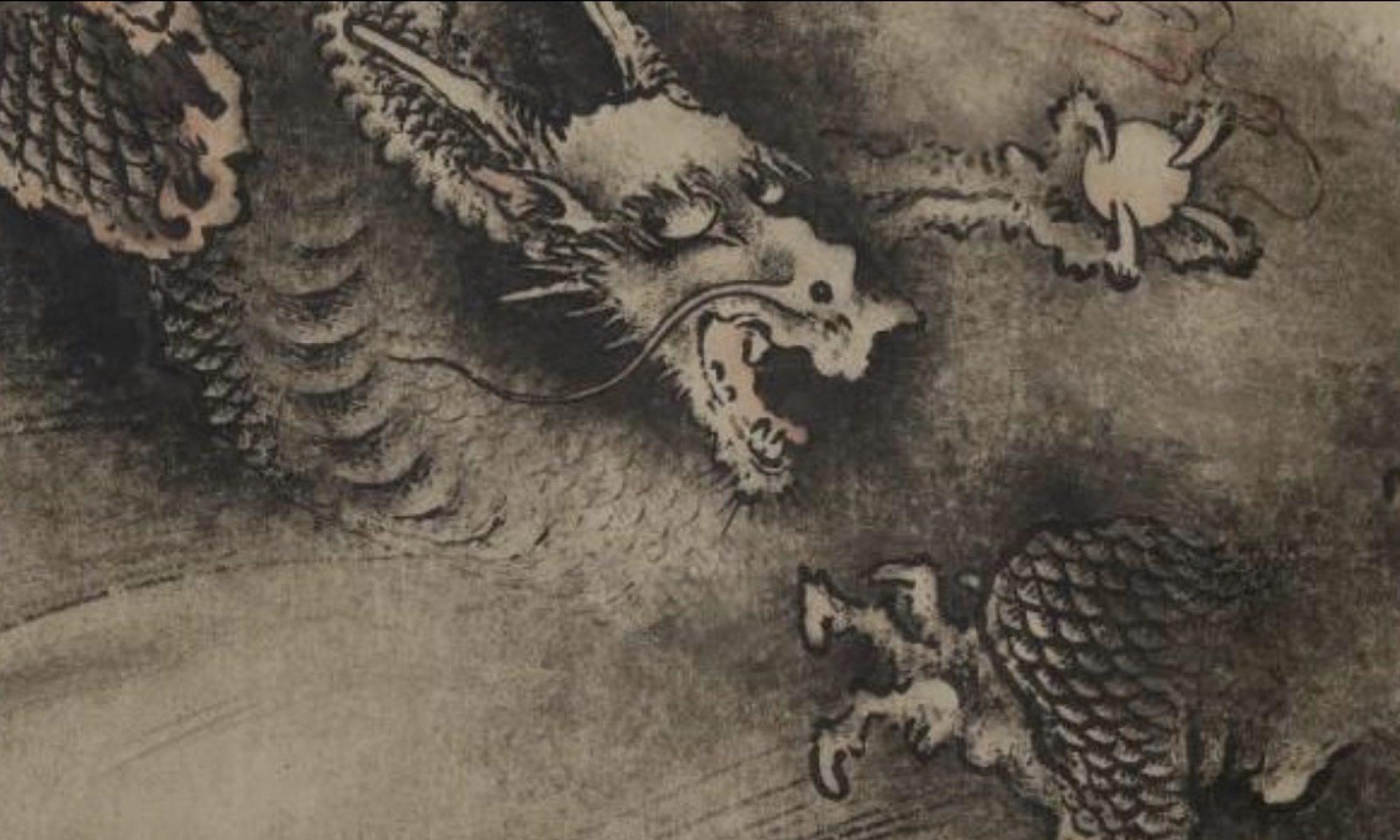Before the Game of Thrones (GoT) became an international television sensation, and prior to the publication of books 4 and 5, a friend suggested I might like the then extant books. I dipped into book 1 and quickly encountered a description of a wall of ice hundreds of feet high intended to protect people living to its south from some horror to its north. The island (Westeros) upon which most of the GoT takes place has a shape and size similar to Great Britain’s, and the wall in GoT was placed roughly where Hadrian stuck his wall in GB. Clearly, however, whatever lay to the north of GoT’s wall was more frightening than a bunch of obstreperous Scottish clans. I don’t think we were told what it was, but I needed to find out. I was hooked.
Were this a conventional work of epic fantasy fiction, such as the Lord of the Rings (LotR), the introduction of a mature, strong, and somewhat heroic character would have led one to sit up and take notice, for the story arc clearly would involve this character … oops. He’s dead. Well, that was unexpected, but he has two fine strapping boys, the elder of whom would don the heroic mantle, with an added touch of motivating revenge thrown in to … WTF. He’s dead, along with his charming fiancée, his mother, and a whole slew of kin.
This Red Wedding, when it aired on TV, shocked a great many people who’d not read the books and were unprepared for the death of a character they’d assumed was being groomed to take a central role in the story, a la Aragorn in LotR. I mean, he was of semi-royal blood, was strong, handsome, and his fiancée was gorgeous and of an exotic foreign extraction. The elements were all there for an entertaining if conventional fantasy with a happy ending in a castle. But then these elements went and got their throats cut. Many viewers vowed never again to watch the show. I doubt many stuck with that vow.
Meanwhile I had become intrigued by two characters, neither of whom in a conventional fantasy tale would have played central roles (hobbits are an exception, I suppose). One was the dwarf, Tyrion, a scion of the most powerful family on Westeros; and the other was the smallish daughter of the fellow who lost his head early on and thereby lost all chance of being central to the story, save as a source of vengeance. The former, Tyrion, was intelligent and thoughtful, traits that endeared him to me despite his foibles. The latter, Arya, was expected, like her elder sister, to behave dutifully, marry well, and so on. But she was having none of it. She was feisty, rebellious, wanted to learn to fight with weapons, and in general avoid ladylike gentility. Her father was not unsympathetic, to his credit, but he carelessly lost his head early on and Arya’s life was shortly thereafter swept up in a storm of chaos.
As the story continued (speaking mostly of the episodic TV show from now on), neither Tyrion nor Arya seemed like central characters, but I found episodes without them tedious. The plot got ever more convoluted, and I cared less and less about the cast of conventional characters most of whom seemed intent on achieving the titular throne for themselves, or at least their clan. And that throne was made from a bunch of swords welded together. What? Well, no accounting for taste.
Speaking of convoluted, I did not read every word of books 4 and 5 (as I write this, expected books 6 and 7 have not been published). Characters would appear, dominate a chapter, then disappear, never to reappear. Still, amidst all the death and mayhem, Arya and Tyrion would occasionally bubble to the surface, and I was happy to read those bits. And I developed a theory.
The author of GoT (GRRM) is not physically heroic – more Beorn than Aragorn. I suspected, with no real evidence, that he sympathized with Arya and Tyrion, and relished killing off, or in other ways discommoding, the pretty boys and girls who his audience kept expecting would achieve conventional hero status. I commented on this idea on Facebook:
“If you’re not an outcast, deformed, or picked on, you are not safe. Look at the author. These books are revenge books against everyone who demeaned him in school.
“Anyone who seeks to rule, however pure their motives, and however good looking … Whom the gods would destroy they first make mad (or proud). From the beginning my two fav characters were the outcasts, Tyrion and Arya. I predict they will survive.”
A Irish friend of mine took exception to my view. She commented:
“Sometimes I worry about you. I think the airs too thin where you are at. Please descend to correct mental imbalance.”
Years later, the TV show now complete, she wrote again:
“You’re prediction was correct …”
I replied:
“I thought show was great. I never had any interest in pretty boys and girls and their thirst for power. Red Wedding left me unmoved. Oh well, I’m thinking, now there are fewer people to distract show from Arya and Tyrion.
“When Arya brilliantly stabbed Night King the show was basically over. However, they needed 3 episodes to completely destroy Kings Landing, the Iron Throne, and Dany (dragon go bye bye). Then an episode to select unlikely king, and show elites squabbling over what was more important, ships or brothels. This exemplified how trivial elites are and always have been. Arya heads west on a voyage of science and discovery. Excellent. Jon Snow, the eternally befuddled supposed hero (in eyes of 99% of viewers), heads north, ignoring Black Watch, to be with people who actually like him.
“I mean, once threat from north done, only thing to do was to destroy everything almost everyone (but me) thought the show was about.”
And that’s it. Arya overcame so much – even herself – to become the person she became, the hero of the story, as I see it. And the game? It is the Game of Thrones, after all.
The game is enforced by our genes, which shapes our societal thinking. In rebelling against society’s expectations, society takes the self-preserving step of marginalizing the rebel – removing the offending part from the game. Arya did not fit all but a very few viewer’s expectations of the hero. Small, female, and rebellious, she transcended every obstacle put in her way, while simultaneously learning from each, becoming greater from each. In the end only her highly trained, savvy, and intense focus could have brought down the Ice King. As for him, he was justifiably smug in the face of the conventional foes conventional society threw in his way. He would have easily defeated them. But Arya was something outside his experience, as a living man, and as a dead one, and she had talents of which he could never have had any familiarity.
Arya could then have stayed in Westeros, a person revered by (almost) all. But that notion did not interest her. She’d spent a life learning all she needed to learn, and Westeros had nothing more to offer. No one there knew what was to the west of Westeros across the sea. No one had any interest. But Arya did, and she left squabbling Westeros (including Tyrion, who does all right for himself in the end), and she sails to the west on a voyage of discovery, ever the maverick.
The show’s ending was deeply dissatisfying to a majority of viewers, taking only 3 episodes to tidy up the stories of everyone else, including the last surviving pretty boy (referred to above as befuddled). He wanders off to the north and out of history. The throne gets melted down. The two strongest female contenders to the iron throne die. And even the great city in which the throne once rested was largely destroyed. Basically everything and everybody about which the vast majority of viewers really wanted the story to be about, in the end, it’s all gone. And my fav character, Arya, does the perfect thing at the end: she lets curiosity and a thirst for knowledge lead her away to new adventures.
It is rumored the screen writers, in finishing a story whose literary version was never (will never – ought never – be) completed, well, to mollify upset viewers they confessed they had no clear idea where they were going. Now they want to make a prequel, about a time before Arya was born. Personally, in the absence of Arya, I just don’t give a damn.

